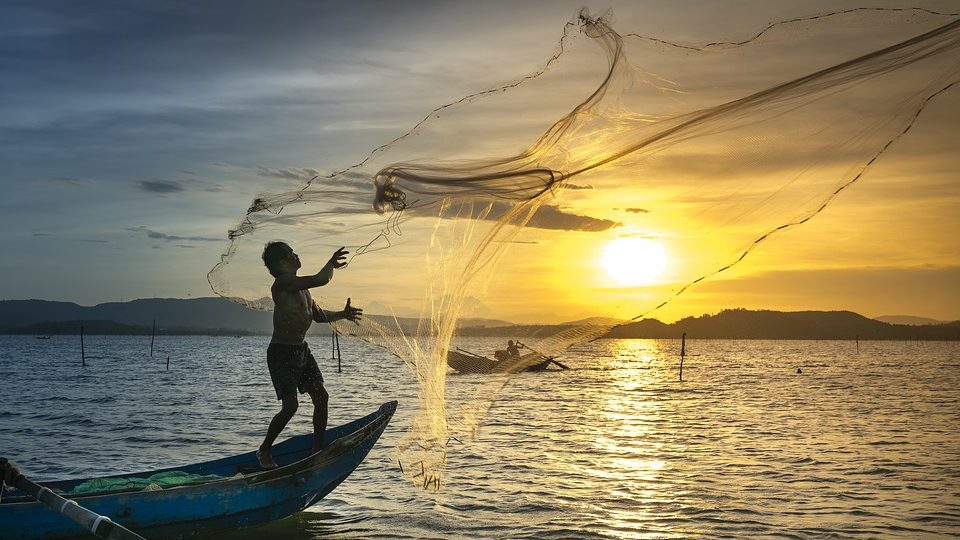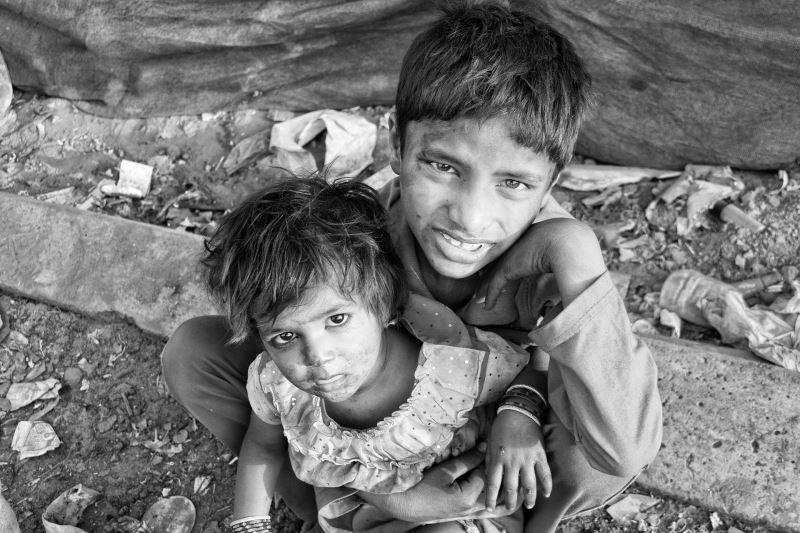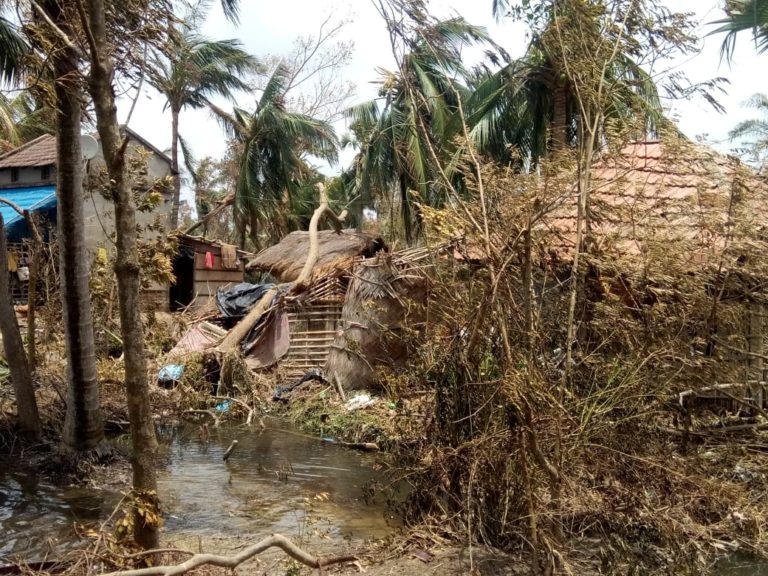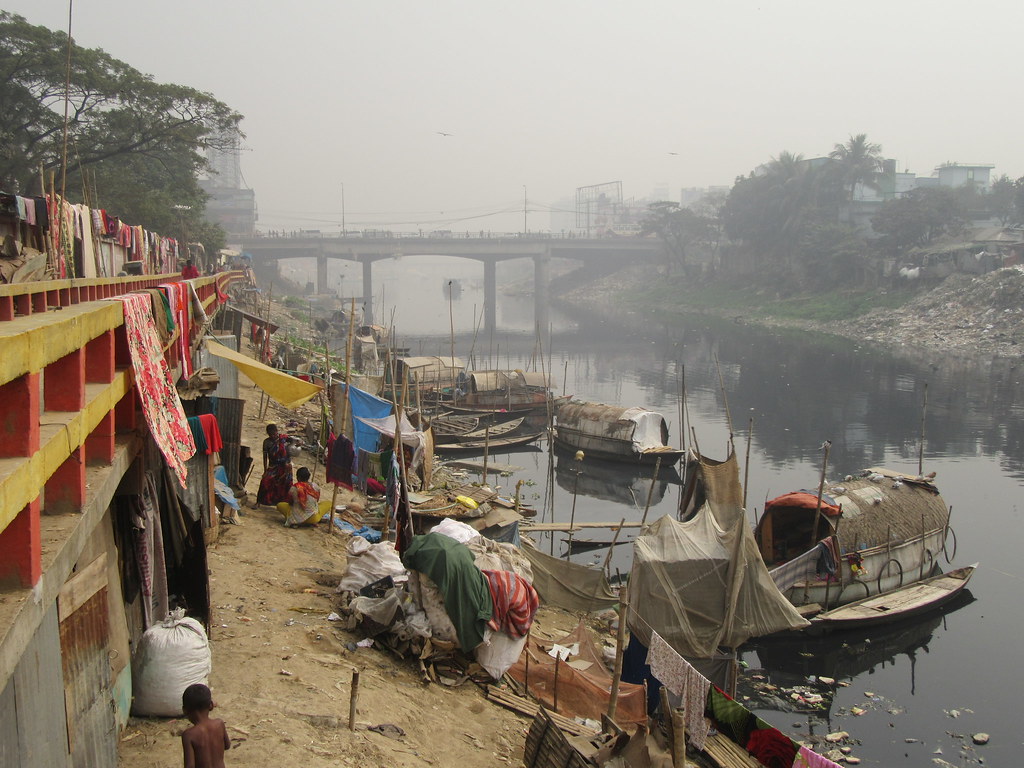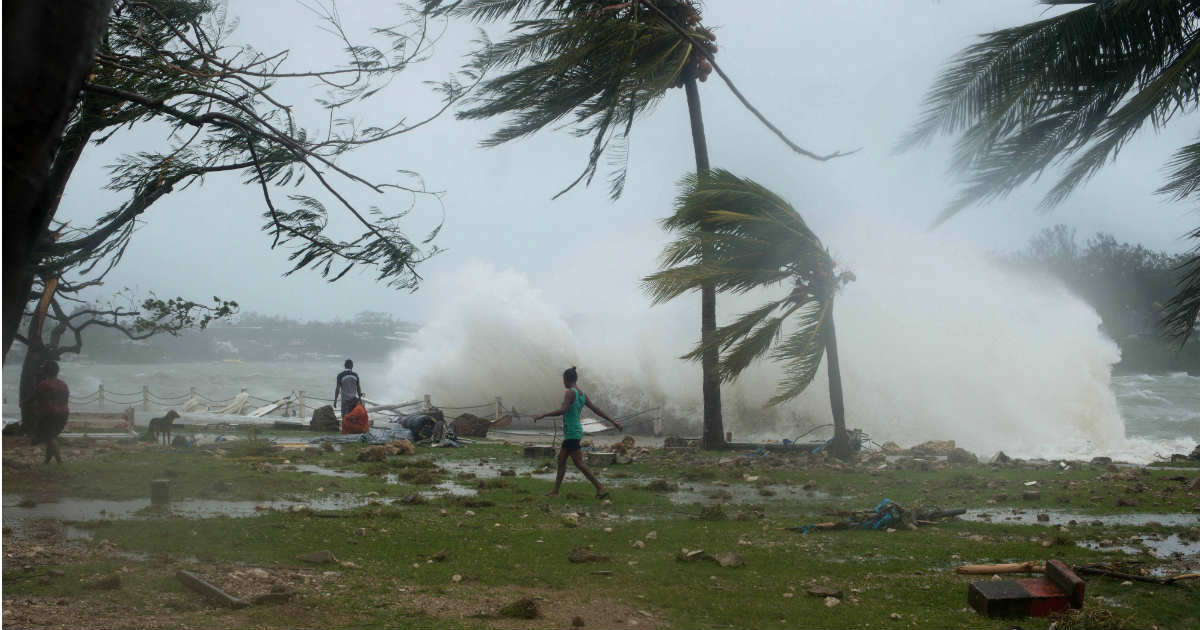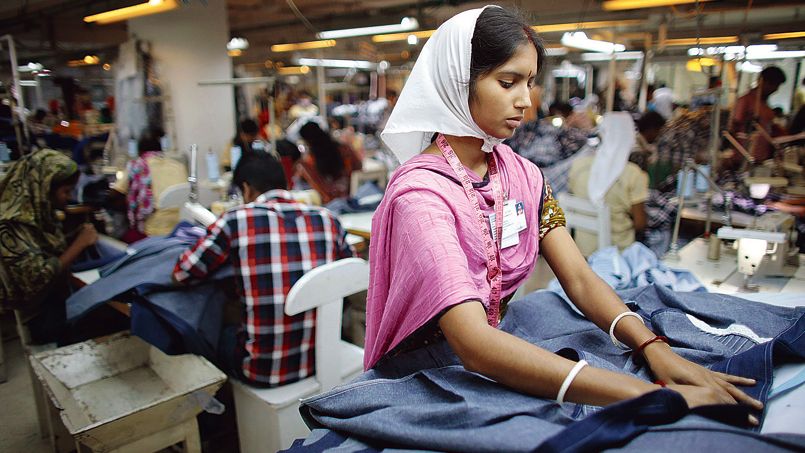The Monsoon (June-September) in Bangladesh is a time of the year that fishermen look up to. It is the peak season for fishing in the Bay of Bengal. More than half a million poor Bangladeshi fishermen are dependent on this season to secure for themselves and their families an income to sustain themselves.
However this year the vibrancy of the Monsoon Sea is nowhere to be seen as boats are tied to the shore and fishermen stare at a bleak fishing season. The boats that are seen moored to the coast remind us of how central fishing is to their lives and how when their only livelihood is snatched away from them, they can only but wait in desperation.
It is for the first time that the government is implementing the 65- Day ban on all kinds of marine fishing to promote the alleged conservation of declining fish and crustacean species. Many fishermen groups and artisanal boats took to the streets to protest this ban as it would surely hamper their livelihoods drastically. In the absence of any other source of livelihood, these fishermen find themselves at a complete loss.
The fishermen at the margins will be among the most adversely affected and it is only the life of poverty and further hardships that awaits them. Bangladesh boasts of 253 trawlers owned by the seafood industry that are licensed to conduct fishing in areas that have a depth of more than 40-metre in the nation’s EEZ. The official records suggest that apart from these trawlers there are 68,000 small marine boars operated by local fishermen. The latter operate without much technology and are only used by ordinary fishermen to make the two ends meet.
It is also to be noted that the monsoon ban on fishing became a law in 2015 but this is the first time when it is being implemented on small scale fishermen too. So far the ban was meant only for the large trawlers. The choice of not asserting the ban on small scale fishermen was to ensure that their livelihoods are not drastically impacted. The government organised meetings with representatives of several fishermen unions to warn them in advance about what to expect from the ban. The government also anticipated that after the ban there will be a growing food crisis in the nation and so limited food relief has also been announced in 12 coastal districts of Bangladesh. The affected families will be given food under the nation’s Vulnerable Group Feeding Programme that had been designed in order to address food crisis as a result of poor agricultural produce.
It must also be acknowledged that these poor families that depend wholly on the sea for livelihood have no other source of earning and when the right to fish is snatched away from them; they find themselves amid utter helplessness. The government has announced that it will provide relief to and compensate more than 400, 00 coastal families that are dependent on fishing.
The ban on fishing has led to large scale protests by fishermen in Bangladesh who have resorted to marches and engaged in blocking the nation’s highways connecting the major cities to the port of Chittagong. The protesting fishermen have also expressed their unhappiness to accept rationed rice because they feel that the government is not justified in taking away their only source of livelihood. Despite numerous nationwide protests, the ban has remained intact.

